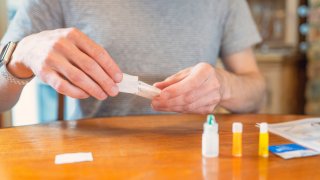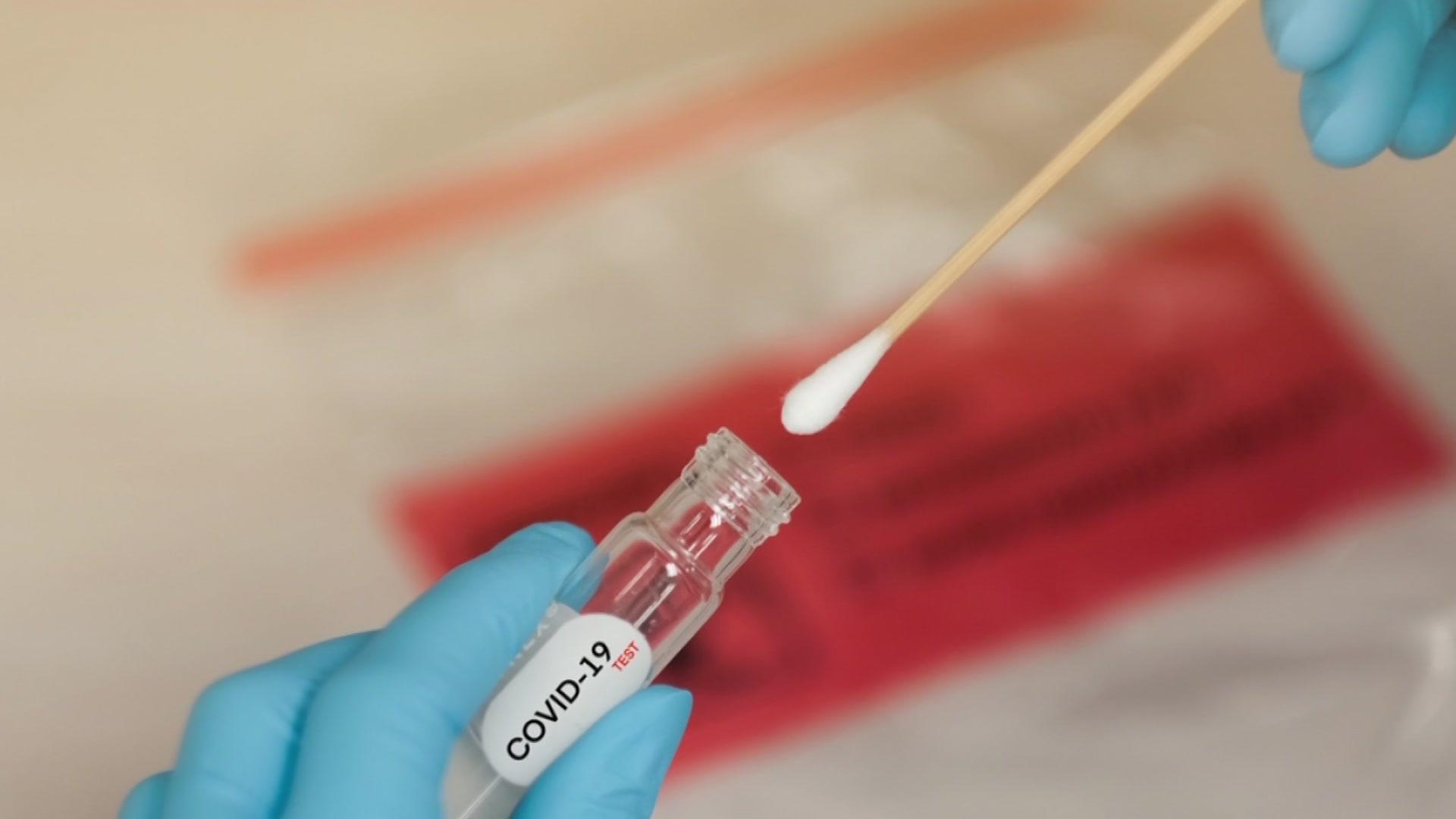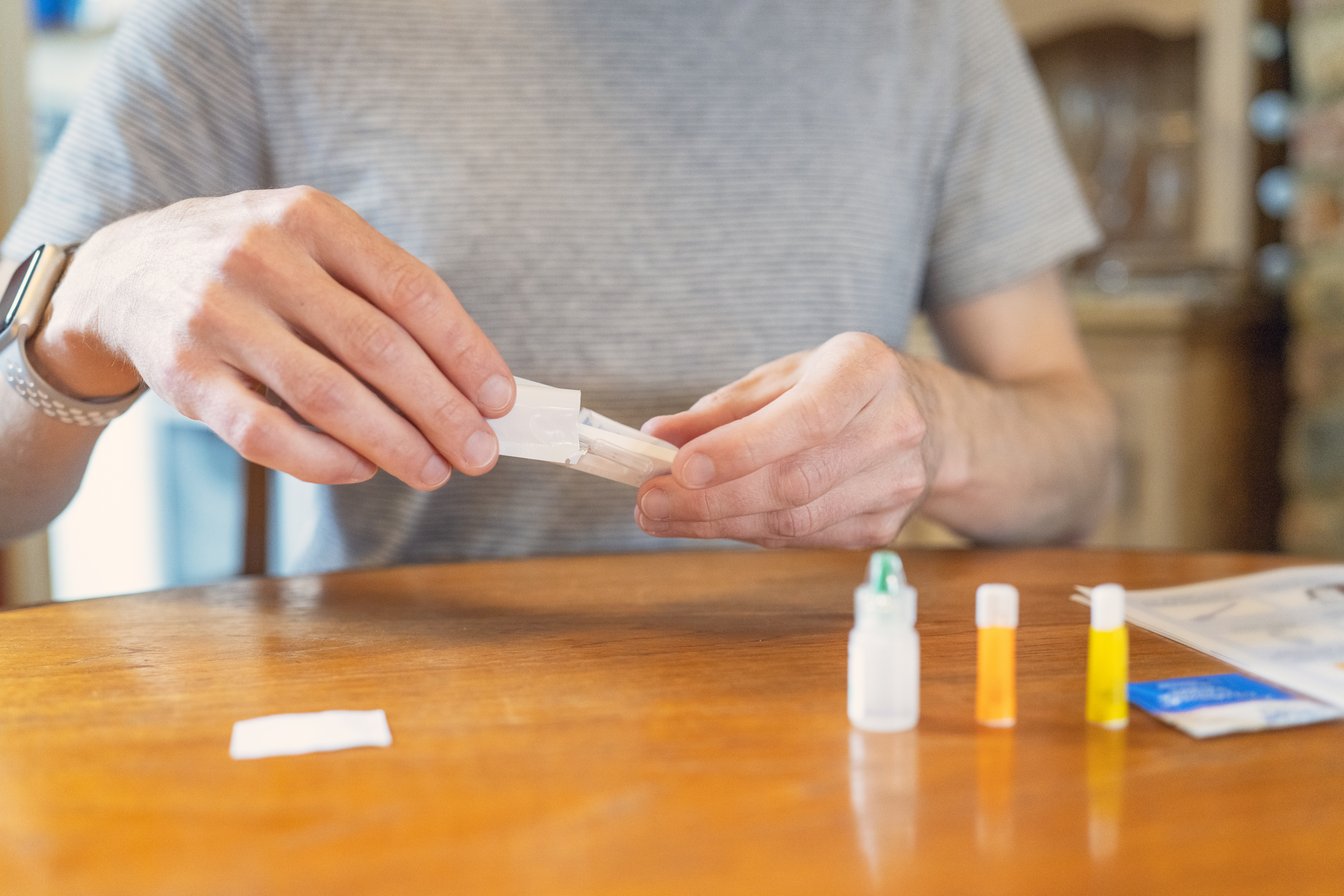
Can at-home COVID-19 tests make holiday gatherings safer?
Yes, combined with vaccination, home test kits for COVID-19 can add a layer of safety and reassurance by providing on-the-spot results during this second year of pandemic holidays.
WATCH ANYTIME FOR FREE
>Stream NBC10 Boston news for free, 24/7, wherever you are. |
“We will be using rapid tests to doublecheck everybody before we gather together,” says Dr. Emily Volk, president of the College of American Pathologists, who is planning a holiday meal with six vaccinated family members. “We’ll be doing it as they come in the door.”
Home kits are not as accurate as the PCR tests done in hospitals and at testing sites, Volk says. But they have the advantage of giving results within minutes instead of days.
Get updates on what's happening in Boston to your inbox. Sign up for our >News Headlines newsletter.
Testing kits are available at drugstores without a prescription, and a box with two tests typically costs about $25. Swabs, testing solution and instructions are included.
Adults and teens can test themselves. An adult can test a child as young as 2. How-to videos on product websites can be helpful.
Most tests require swabbing about a half inch inside both nostrils, so it may tickle but doesn't hurt. You will get a positive result if the test detects a viral protein in your sample.
Home tests will miss some infections and in rare cases mistakenly indicate an infection. One popular test misses around 15 out of 100 infections — these are called “false negatives” — and gives a false positive result in about 1 in 100 people who aren’t infected.
Test shortages were widely reported during the last COVID-19 surge, but new options have recently hit the market and major manufacturers such as Abbott Laboratories have ramped up production.
More Coronavirus Vaccine Coverage
The Centers for Disease Control and Prevention offers other tips on ways to enjoy the holidays safely. Vaccination remains the best way to protect against the coronavirus.
______
The AP is answering your questions about the coronavirus in this series. Submit them at: FactCheck@AP.org.



